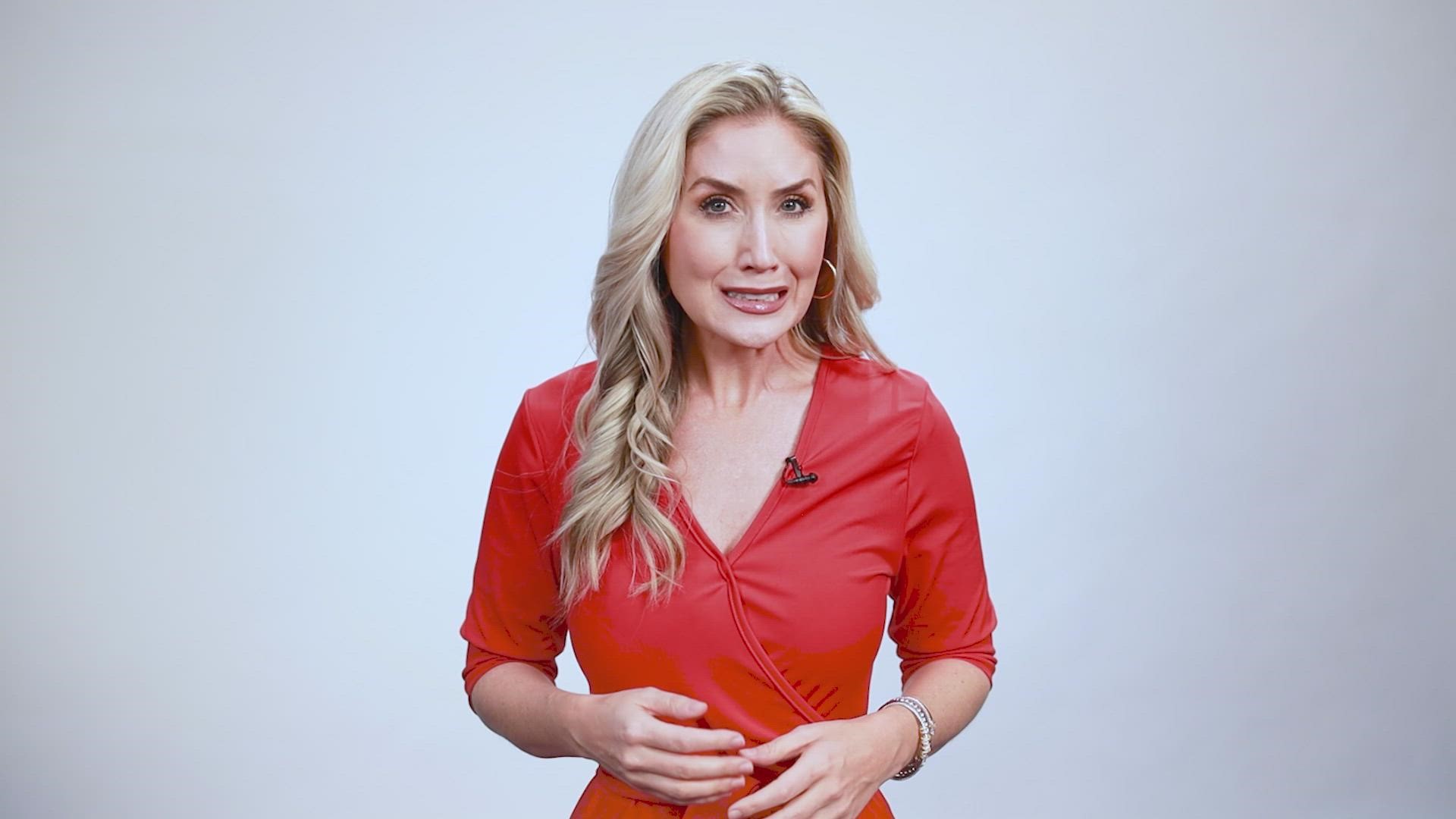ST. PETERSBURG, Fla. — Have you noticed your alcohol intake has increased over the past two years? April is Alcohol Awareness Month and John Templeton Jr., President and Founder of Footprints Beachside Recovery says he’s seeing an increase in people who are seeking treatment for their alcohol use, post the height of this pandemic.
"We’ve seen people who have relapsed who had long term sobriety but also, it’s no surprise, that there is kind of a new generation or new individuals with now an alcohol use disorder that we’re there before.”
If this sounds like you, Templeton says to start with a self-assessment of the amount you're drinking. “Binge drinking is considered for a woman 4 alcoholic drinks, and for a man 5 alcoholic drinks in one sitting.”
It's also important to consider the impacts of your consumption on your everyday life.
"If it’s really preventing you from being happy or communicating with your spouse or if you’re unable to meet your work obligations, you’re showing up late because of alcohol, sometimes the solution is so simple, like remove the alcohol," Templeton explains.
It may sound simple to say, but if you're struggling to act, that's another sign it's a problem in your life. Templeton says try stopping. If you can't stop drinking alcohol for a day or two, that's a clear sign of dependency.
"Everybody says ‘I want to cut back,' if grapes were causing problems in your life where you’re not able to make work or school on time or you’re having to drop classes, or it’s causing problems with your family who you love, I don’t think you would say 'I’m going to cut back on grapes,' I’m just going to eliminate it from my life," explains Templeton.
If you're concerned about a loved one, Templeton says don't address the issue immediately after an incident, instead, let the dust settle and then express your worry, 'hey, I love you but I’m concerned...'" He says whether it's talking to a friend or loved one, or reaching out to a doctor or recovery center, “the worst thing you can do is nothing.”
If you or someone you know is struggling with substance abuse, you can call the SAMHSA helpline 24/7 at 1-800-662-4357. In Florida, you can also call the 24/7 statewide substance abuse hotline by dialing 211.
RELATED: Battling the stages of stress

